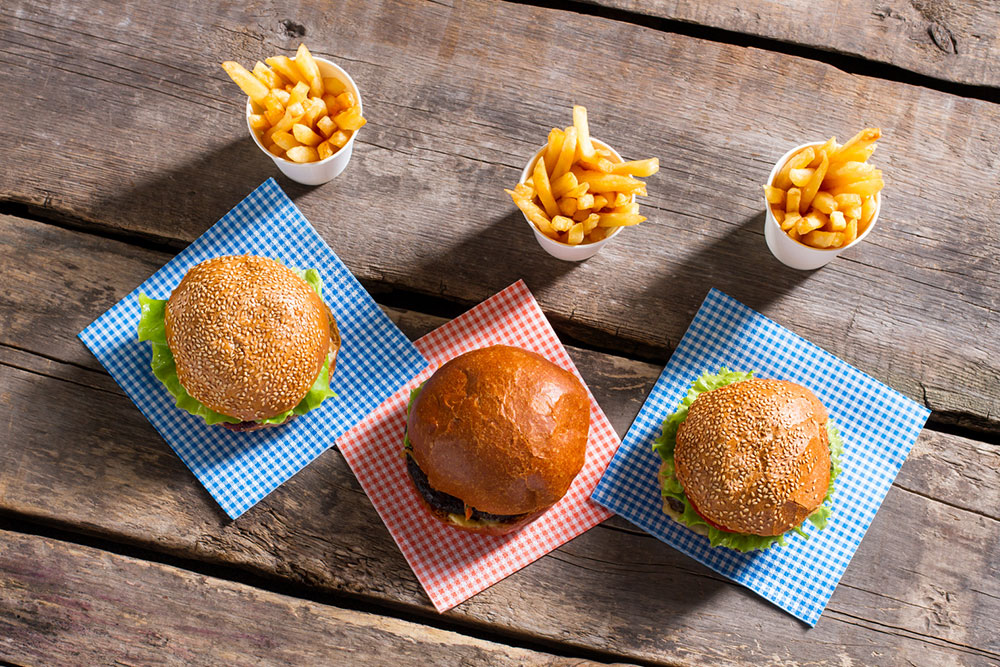Creating a Migraine-Friendly Eating Plan
Learn how to craft a migraine-friendly diet by identifying common triggers like alcohol, caffeine, processed meats, and gluten. Explore effective dietary strategies such as elimination, Mediterranean, and plant-based diets to reduce migraine frequency and severity. Always seek professional advice to create an individualized plan that supports your health and lifestyle.
Sponsored

Migraines extend beyond simple headaches, being neurological episodes that can cause intense sensitivity to light and noise, often accompanied by nausea. These attacks can vary in severity, influenced by hormonal shifts and dietary habits. Genetics also play a role, as migraines tend to run in families, passing down susceptibility. Managing migraines may involve medication and lifestyle adjustments, with diet playing a significant part. Recognizing and avoiding known triggers is essential to mitigate symptoms and improve quality of life.
Common Food Triggers for Migraines
Alcohol
Alcoholic beverages are primary migraine triggers. Their interaction with brain blood vessels often leads to headaches the next day. Substances like tyramine, histamine, tannins, and sulfites promote inflammation and neurotransmitter changes that set off migraines. All types of alcohol, including wine, beer, and spirits, can cause immediate or delayed attacks.
Caffeine Withdrawal
Many rely on caffeine for alertness, but sudden cessation can trigger migraines or headaches. Beverages containing caffeine, such as coffee, energy drinks, chocolate, and flavored sodas, can induce symptoms if stopped abruptly.
Meat, Dairy, and Soy Products
Processed meats like sausages, cold cuts, and artificial meat substitutes often contain nitrates, which can dilate blood vessels and provoke migraines. Dairy products rich in tyramine—such as blue cheese, feta, and parmesan—as well as fermented soy foods like miso and tempeh, can alter serotonin levels, leading to headaches.
Other Foods
Foods with phenylethylamine, including certain cheeses, canned berries, and chocolates, may trigger migraines. Additionally, processed foods high in MSG should be avoided to reduce headache risk.
Diet Strategies for Managing Migraines
It’s beneficial to limit foods that frequently cause migraines. Practicing mindful and gradual dietary changes can help the body adapt, avoiding withdrawal symptoms and supporting overall health.
Elimination Diet
By removing known triggers like processed red meats and caffeine gradually, individuals can reduce migraine frequency. This approach also promotes weight management, which has been linked to lower headache severity.
Gluten-Free Diet
Individuals with gluten sensitivities or celiac disease may experience persistent migraines. Eliminating gluten from wheat, barley, and rye, and substituting with rice, quinoa, or potatoes, may reduce symptoms.
Mediterranean Diet
This diet emphasizes omega-3-rich foods like fatty fish, berries, leafy greens, and whole grains, utilizing olive oil instead of processed fats. Its anti-inflammatory properties can decrease migraine triggers.
Plant-Based Diet
Vegan diets exclude all animal products, focusing solely on plant foods such as legumes, soy, nuts, and grains. Such diets can reduce exposure to migraine-provoking compounds, promoting overall health and symptom relief.
Consulting with healthcare professionals or registered dietitians ensures tailored dietary plans. Proper portion control and personalized guidance are vital before making significant changes to your eating habits.






